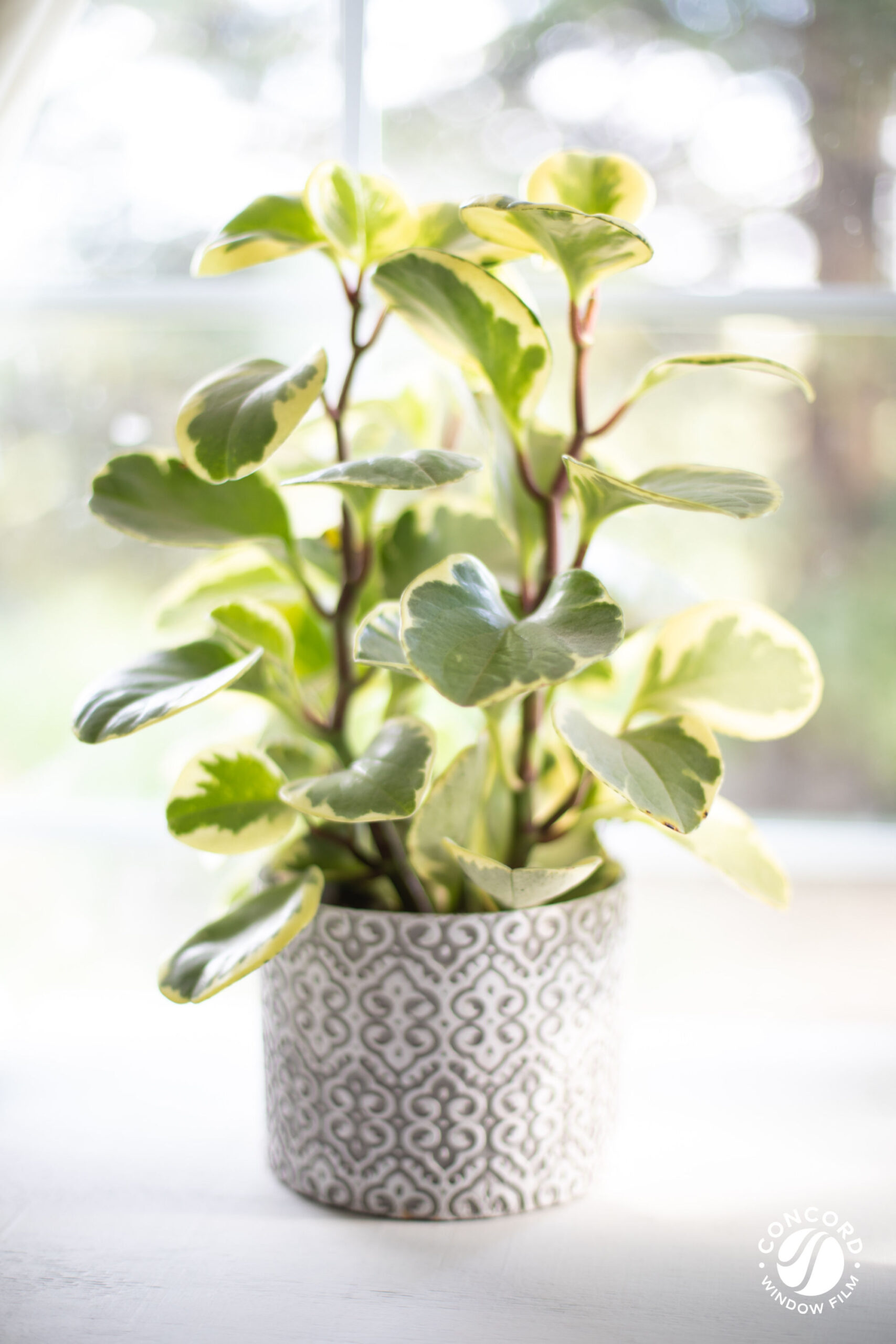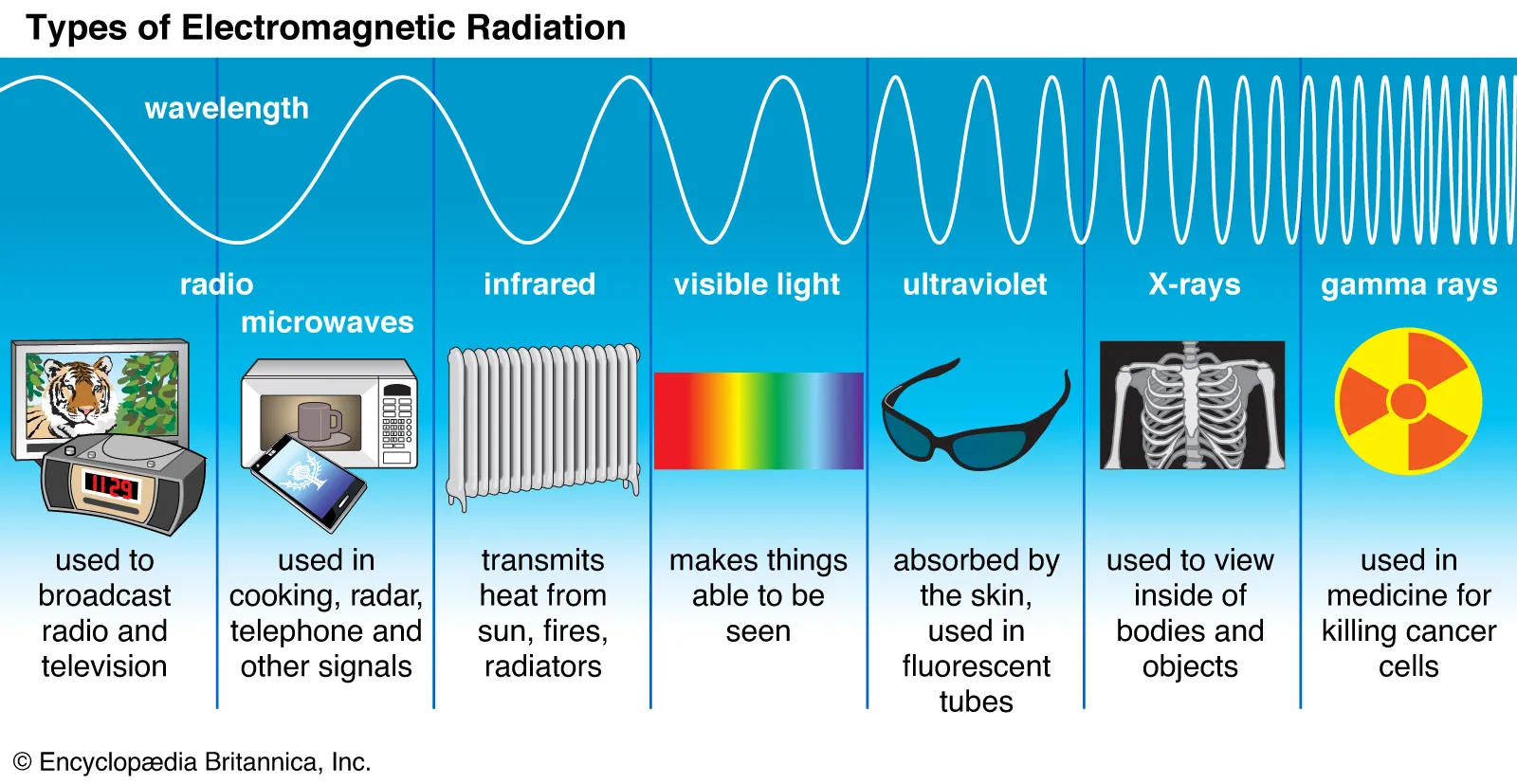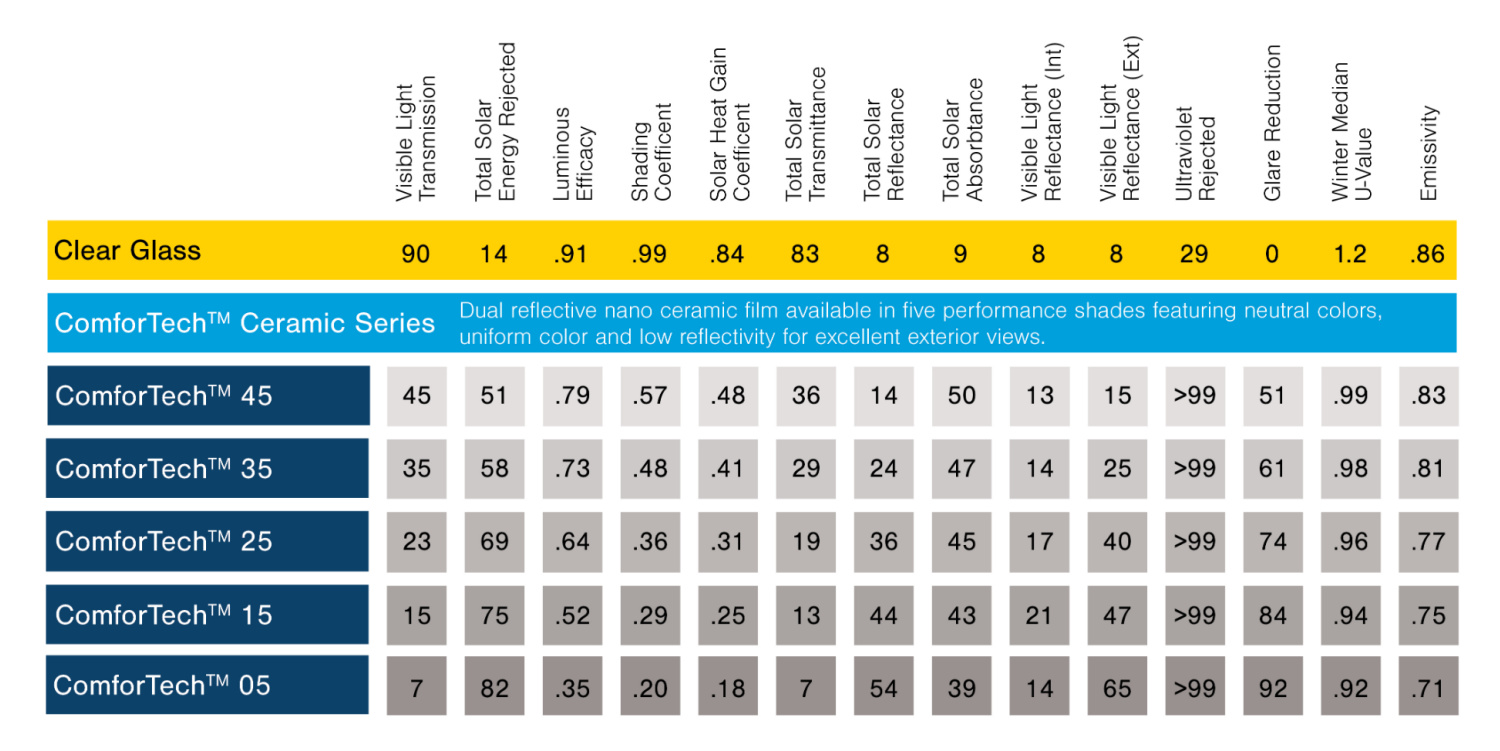
Trusted by Thousands of DIY Homeowners
Trusted by Thousands of DIY Homeowners

If you are considering installing window film, but also have a green thumb, you may be asking yourself, “is window film bad for houseplants?” The good news is that most window films are perfectly fine for houseplants and may even help them thrive!
To understand is window film bad for houseplants, let’s first take a look at the type of light houseplants need to grow.
According to the University of Minnesota, plants need a specific type of light to grow, which is known as “photosynthetically active radiation” or PAR for short. PAR includes the wavelengths of light that plants use for photosynthesis, which is the process by which they convert light energy into chemical energy to fuel their growth.
The specific wavelengths of light that are most important for plant growth are in the blue and red spectrum, which are typically between 400-500nm (blue) and 600-700nm (red).
Blue light is important for vegetative growth and helps plants develop strong leaves and stems, while red light is important for flowering and fruiting.

However, it’s important to note that plants also need a balance of other types of light, including green and yellow light, for overall health and growth. Natural sunlight provides a full spectrum of light that includes all the wavelengths plants need to grow.
People choose to install window film because they are trying to solve an issue in their home. The most common problem window film is used for is too much heat entering a home from windows. Solar control window films are used to help reduce the amount of solar energy entering a home to make it more comfortable.
Window films work by reflecting or absorbing some of the solar energy coming through a window. The films will block different types of electromagnetic radiation coming from the sun including infrared light (heat), UV light, and visible light.

The only type that affects plants is visible light. And different types of window film have different levels of visible light transmission. In general, the darker the film, the less natural light that will enter your home.
Plants do not need UV light to grow, so blocking this is not an issue; nor is heat (infrared rays).
Most window films are specifically designed to allow a comfortable amount of natural light to pass through, which should not be harmful to your plants. You can look for window films that have a higher visible light transmission (VLT) rating, which indicates how much visible light can pass through the film. A high VLT rating means more light will be able to reach your plants.

If you live in an area with a lot of sun, window film may actually help your houseplants if they are not native to that area. Most horticulturalists advise you to give houseplants steady, but indirect sun over the course of the day.
If your windows are south-facing, or the sun is very strong in your area, window film can make these windows more hospitable to your plants.
If you are concerned about the effect of window film on your houseplants, you can test how your plants may be affected by moving the plant to a part of the home with less direct sunlight for a few days to see how the plant will react.
Concord’s ComforTech™ Ceramic Series Window Film offers five performance shades with varying VLTs to meet your solar control needs. So you can decide how much visible light you’d like to let in:

You can feel free to mix and match shades throughout your home to meet your needs. For example, you may choose our strongest VLT film on your south-facing windows, a lighter VLT for your east and west-facing windows, and no VLT for your north-facing windows.
And, if you’re curious about how the direction of your home affects the amount of sunlight you get, check out our explanation on where to install window film.
So, we hope this answered the question, is window film bad for houseplants. And, in case you missed it, the answer is no, it isn’t. But there are a few things to keep in mind:
Overall, you can enjoy the benefits of window film and take good care of your houseplants at the same time!